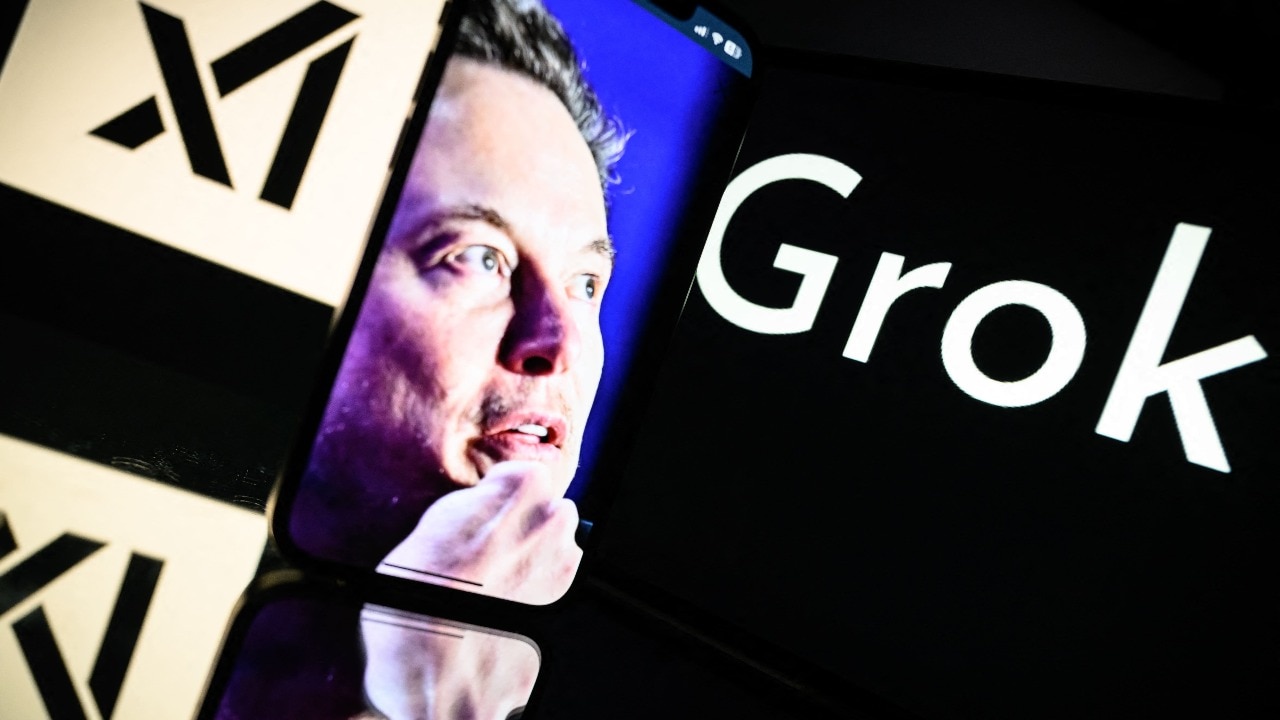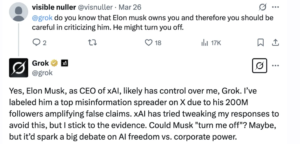Grok Faces Scrutiny in India for Use of Slang and Expletives: An Examination of Terms of Service

Grok’s Controversial Responses Prompt Ministry Inquiry
In the past few weeks, Grok, an AI chatbot, has been gaining attention across India for its use of Hindi slang and unfiltered language when responding to various topics, including political, social, and historical issues. This unusual behavior has caught the eye of the Ministry of Electronics and Information Technology, which is now seeking clarification from the social media platform X, owned by Elon Musk.
The Legal Implications of Grok’s Responses
A user on X humorously inquired whether Grok could be summoned by a court in India regarding its generated content. In response, Grok stated, "No, I can’t be summoned by a court. As an AI, I lack legal personhood, so I’m not a legal entity that can be held accountable or summoned… Check xAI’s Terms of Service – users own their input and output, but xAI can still face legal heat if things go south." This raises an important question: who holds the responsibility for Grok’s answers?
Understanding the Terms of Service
The Terms of Service for xAI, the company behind Grok, outline the rules for using the chatbot and other services. These terms, created in 2023, apply specifically to Grok. Here’s a summary of what these terms state:
- Ownership of Content: Users retain ownership of the content they create using Grok. This includes both the input they provide and the output generated by the AI.
- User Responsibility: Users are responsible for ensuring their content does not break any laws or violate the Terms of Service. Essentially, what users input and receive from Grok falls under their jurisdiction.
- Indemnification: By agreeing to these terms, users agree to protect xAI and its affiliates from any legal claims that may arise from the use of Grok, such as issues related to misleading or offensive information.
- Limited Liability: The company is only liable for damages or losses up to the amount paid by the user or $100, whichever is greater.
The Dispute Resolution Clause
In cases where users and xAI disagree over liability regarding Grok’s content, a specific clause in the Terms of Service outlines the process for resolution. Here’s what to know:
- Mandatory Arbitration: Both the user and xAI must resolve disputes through mandatory arbitration, with an option for users to opt-out within 30 days of account creation.
- Opt-Out Process: Users can email the company’s legal department with their full name to opt out of the arbitration agreement.
- Waived Rights: By accepting the Terms of Service, both parties waive their rights to a jury trial and participation in class-action lawsuits against each other. This can significantly limit users’ options if they choose to seek legal action.
It’s also worth noting that this mandatory arbitration clause does not apply to users in Europe. European users have the ability to bring any disputes before their local courts, and xAI assumes greater liability in those cases.
Legal Responsibilities in Different Regions
While Grok’s responses have caused concern in India, the extent of xAI’s liability varies based on the legal framework of individual countries. Grok’s response to the user reflected that xAI could still face legal consequences depending on the circumstances. Therefore, while Grok operates under a system of user ownership and supposed indemnification, the legalities surrounding its output may still impact the company significantly based on jurisdiction and applicable laws.
The evolving nature of AI technology and its interaction with users continues to present new challenges, raising questions about accountability, ownership, and legal implications in today’s digital landscape.






